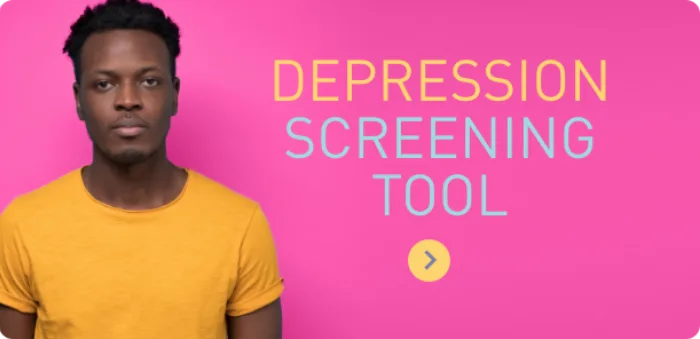Depression
There is hope
That melancholy feeling that you just can’t shake—is it just the blues or is it depression? According to the American Psychiatry Association, depression is a very common medical illness that “negatively affects how you feel, the way you think and how you act. Depression causes feelings of sadness and/or a loss of interest in activities once enjoyed.” Fortunately, it is highly treatable.
Understanding depression
Depression is a treatable illness that is generally not visible to the naked eye. There are no bruises, sores or fevers like you’d see with other illnesses. The symptoms of depression are an unshakeable sadness or melancholy mood, as well as feelings of hopelessness, changes in appetite, fatigue, excessive sleeping, loss of interest in favorite activities, and feelings of worthlessness. If you are living with depression, you may not recognize the combination of these symptoms, so it’s important to talk to a physician or counselor who can diagnose and treat your illness.
MAYBE I’M JUST SAD
Maybe you are. Sadness and grief are normal emotions that everyone experiences. But if your sadness or melancholy mood lasts for several weeks and it’s keeping you from enjoying life, you should consider being assessed by your physician or a mental health professional.
I MIGHT SNAP OUT OF IT
If you’re living with clinical depression, it’s unlikely you’ll “snap out of it.” Depression is caused by a chemical imbalance in the brain that may need medicine or specific therapies to correct. Talk to your physician or a mental help professional who can assess whether your symptoms indicate depression.
“DO I REALLY NEED TREATMENT?”
If left untreated, depression is likely to become more severe and more difficult to treat. As it progresses, severe depression can lead to missed work, broken relationships, divorce, additional health problems and—at its worst—suicidal thoughts. Depression is treatable, so don’t suffer in silence!
Depression
101
An overview of depression, including symptoms, risk factors and treatment
Navigating Depression
Additional information, including a two-part podcast series about depression
Talking About Depression
Using the Validate, Appreciate, and Refer process
